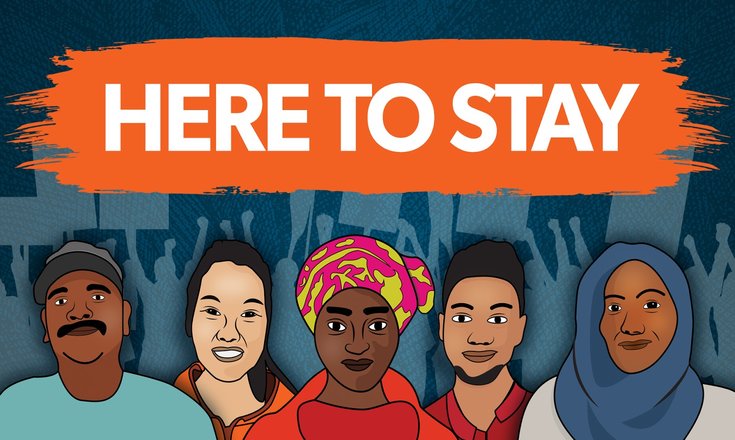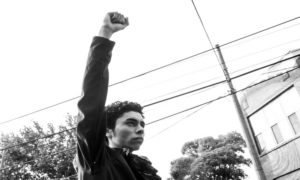Undocumented students, or those living in the United States without the approval of immigration face a number of hurdles. Barred from many financial opportunities, and living in a semi-constant state of concern can make the life of an undocuemnted student uniquely challenging. Seattle Central has created several offices to help “DREAMers” or students in the US under the Development Relief and Education for Alien Minors Act. Both the Multicultural Services and the Basic and Transitional Studies offices are resources for undocumented students on campus. The school also employs a “Undocumented Student Support Navigator”.
One of the many hardships that undocumented students face, is that they cannot apply for certain student financial help, such as Federal Financial Aid (FAFSA). Even though they cannot apply for FAFSA, there are other options for financial help for dreamers.
One option is Washington State Financial Aid (WASFA)., Which is provided by Washington state. The following undocumented students would be eligible for applying for WASFA:
- Students who have resided in the state of Washington for 3 or more years before graduation of high school in Washington or GED.
- Students who have earned a high school diploma or GED in Washington.
- Sign an affidavit (written promise) to file an application to become a permanent resident of the United States when eligible to apply
Or:
- Students who have expired or unexpired DACA status and lived in Washington for at least 1 year.
Every quarter, scholarship workshops for undocumented students are organized by Multicultural Services at Seattle Central. This winter quarter it was held in Room BE 1103, 12 p.m. – 1 p.m., Tuesday, January 28th. At the workshop, students get help with writing their personal statements and references when applying for a scholarship . “The main support our Undocumented Students Support Navigator provides is; 1) Help students navigate the campus and academic programs, 2) Help students apply for potential funding (WASFA, scholarships, Workforce etc.), and 3) Provide professional development trainings/workshops for staff and faculty on how to support undocumented students at Seattle Central.” said Sahira Barajas, the Interim Assistant Director and former Undocumented Students Support Navigator.
“When applying for WASFA, if a student is under the age of 24, they must provide tax information from their parents. In the workshop we help you with information on that checklist. Also, make sure to submit the WASFA application before the deadline.” Sara M. Rodriguez, current undocumented student support navigator added.
She also mentioned WASFA LABS, which are scheduled to be held in BE3138 on January 21th, February 4th, February 18th, March 3rd, and March 17th of 2020.
“Undocumented students are people that live in fear, in constant fear. It is not a health thing. It can cause mental and physical problems.” An anonymous undocumented student said. “In the future this country will have to deal with several diseases related to people being under fear and anxiety for long periods of time. They will be health issues in the future related to what is happening now” they added.
When speaking about the disadvantages and fears of being an undocumented student in the US, they mentioned “lack of freedom, fear of being put in a detention center for a undetermined period of time, fear of being deported, fear of sharing your stories to others (classmates, friends, you) because their reaction can put the undocumented student at risk, lack of freedom to travel.” The services provided by the Student Support Services are invaluable because “there is no financial help, it is harder to get a bank account. It is difficult to get a driver’s license. It is hard to get a job” they added.
“The kind of help undocumented student get from school is through scholarships, counseling, food assistance, help to find work. Some colleges and some non profit organizations offer financial help for undocumented students. There are few but they exist.” said the student.
As of 2019 there were only 7 other states besides from Washington that offer state financial aid to DREAMer students – California, Colorado, Minnesota, New Jersey, New Mexico, Oregon, and Texas.






[…] who can prove citizenship in the US and accepts undocumented students as long as they fit a few criteria. There are only 8 states that offer this kind of help to those denied FAFSA access. In Washington, […]